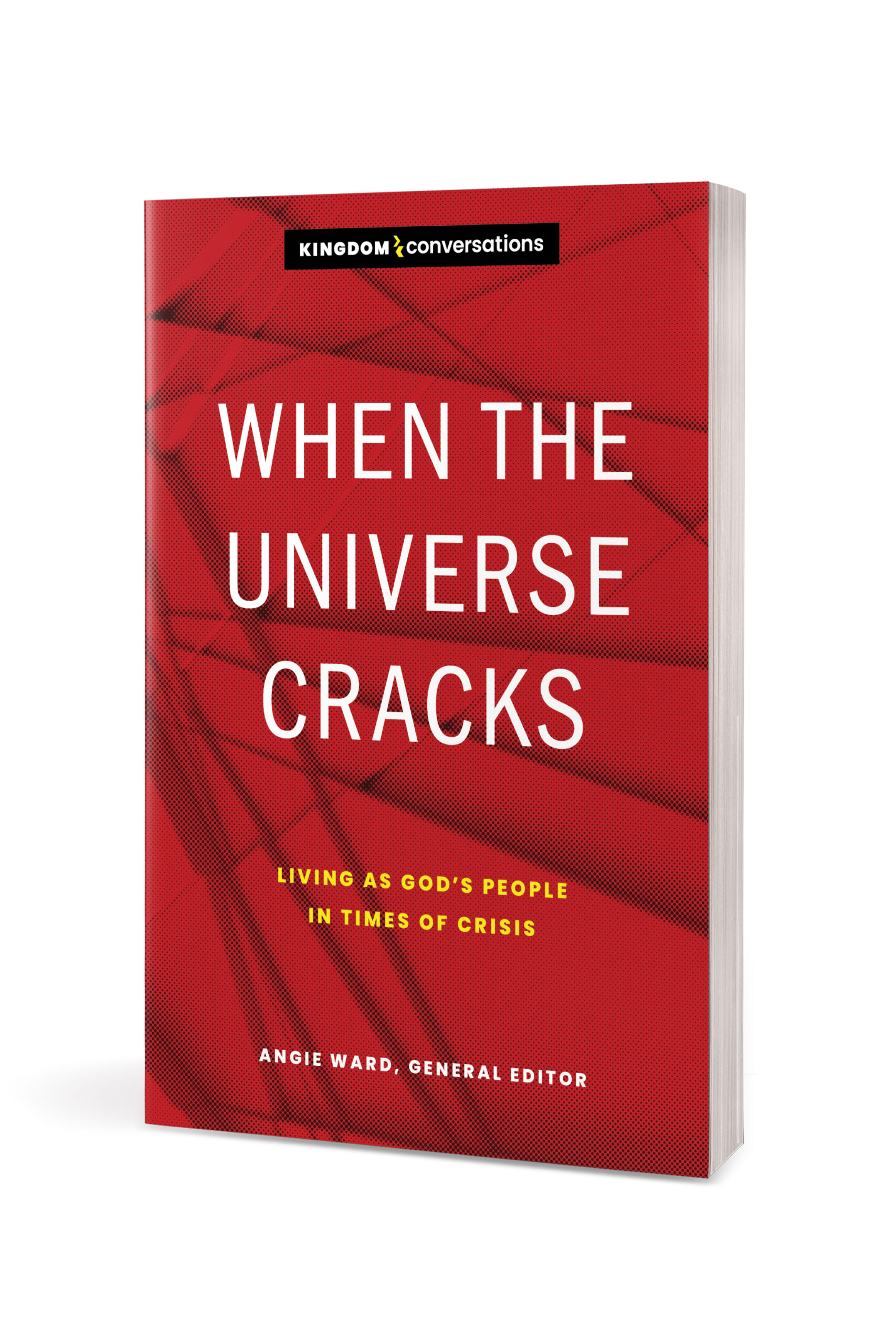What you’re feeling, Mary and Martha felt that too.
Their brother had died over the course of days. Jesus loved them, loved their brother. They had no doubt of it. They had seen him heal the blind. They knew he had power.
They sent word via messenger, but the messenger returned alone. The loving, powerful Jesus wasn’t going to intervene. So their brother breathed his last, and they wrapped him up and stuck him in a tomb. Jesus didn’t even bother to come to the funeral. So the two sisters descended into grief, and questions, and weeping.
When Jesus finally arrives, Martha says, “If you had been here, my brother wouldn’t have died.”
In other words: Where were you?
And she follows up with a statement of belief: “Even now I know God will give you whatever you ask.”
Jesus offers her some hope: “Your brother will rise again.”
Martha recognizes the theological truth about a future resurrection (“I know he will rise again in the resurrection on the last day”), but that’s not what she’s looking for. She’s asking about resurrection in the here and now.
And Jesus assures her that the resurrection is not an event. The resurrection is a person. It is Jesus himself. Jesus asks her if she believes him, and she assures him that she does.
When Mary comes, she knows how Martha feels. She feels that way, too, and she asks Jesus the same thing: Where were you? If you had been here, my brother would not have died.
He doesn’t deny it.
Mary weeps, her friends and family weep. Jesus is deeply moved, and troubled. He weeps alongside them.
He doesn’t correct them. Doesn’t angrily point out that they should trust him a little more. He weeps with those who weep. He mourns with those who mourn. Even though, in
his own infinite mind, he knows Lazarus will be standing beside them in moments. Even though, from God’s point of view, death is a temporary state.
What Mary and Martha were feeling, I felt that too. Our family friend went through four years of cancer treatment. Four years of doctors, weeping, medication, and surgeries,
and the whole time, our friend was getting weaker. When we prayed together, she often said—we often said—where are you? We know you are good. We know you love us. We know you have the power to intervene.
But God didn’t show up, not then, and not four days later. Our friend died, and we’re left with “she will rise again.” The biggest questions, the hardest moments . . . many of those came after the crisis had passed.
It’s natural, during times of loss, to ask if God is good. If God is good, if God is powerful, how could the Lord fail to intervene? It’s the cry of Mary and Martha at the loss of their brother: Where were you?
When we ask those questions, God doesn’t chastise us for asking the question. He might remind us of our hope (“your brother will rise again”). But in the end, he will show us not where he was, but where he has been all along. Beside us. With us. Not distant, not angry, not watching in some detached way because of his glory or sovereignty or omniscience.
We weep, and he weeps with us. Because what we are feeling is normal. Even God feels some of those things, as it turns out.


